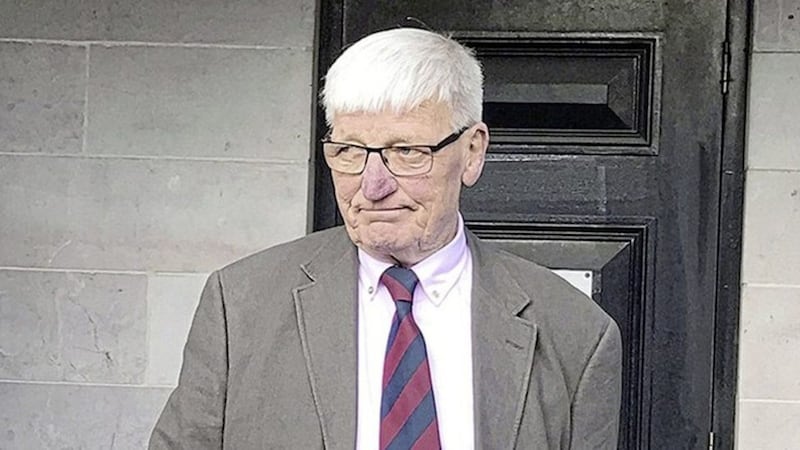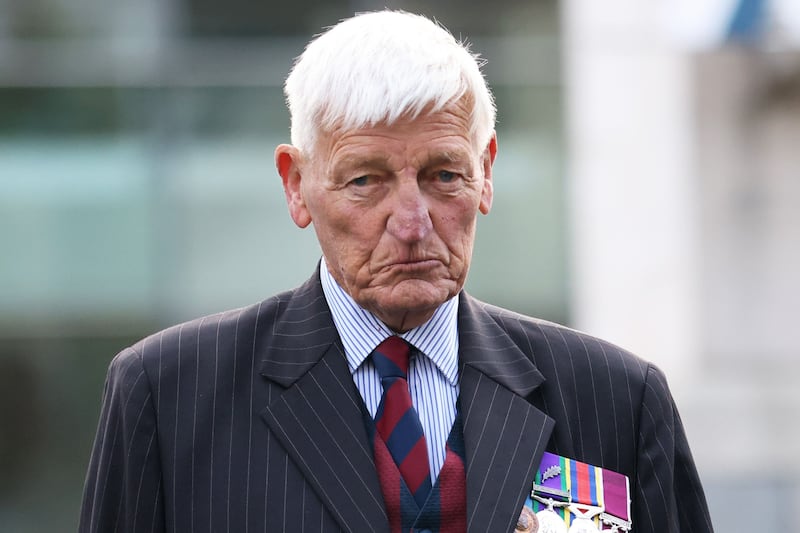A former soldier facing prosecution over a shooting during the Troubles has lost a Supreme Court bid to have his trial heard by a jury.
Dennis Hutchings (78) a former member of the Life Guards regiment, is due to stand trial in Belfast in relation to the fatal shooting of a man with learning difficulties.
John Pat Cunningham (27) was killed in Co Armagh in June 1974 as he ran away from an Army patrol, which was commanded by Hutchings.
The Director of Public Prosecutions can direct a defendant be tried by a judge alone, in what was formerly known as a Diplock court, where a charged offence was "committed to any extent... as a result of, in connection with or in response to religious or political hostility".
Prosecutors directed Hutchings' trial be heard by a judge alone after concluding that there was "a risk that the administration of justice might be impaired if the trial were to be conducted with a jury".
Hutchings, from Cawsand in Cornwall, appealed against the decision, but on Thursday the UK's highest court dismissed his case.
Giving the court's unanimous judgment in London, Lord Kerr ruled that it was "entirely unsurprising" prosecutors decided there could be a risk of a biased juror or jury.
The judge noted Hutchings' patrol had been involved in a "firefight" with members of the Provisional IRA (PIRA) two days before the fatal shooting.
Lord Kerr added: "That the soldiers who fired on Mr Cunningham suspected that he was a member of the PIRA seems inescapable."
Giving the court's unanimous judgment in London on Thursday, Lord Kerr said it was "entirely unsurprising" that prosecutors decided there could be a risk of a biased juror or jury.
The judge said there was "no fundamental right" to have a trial by jury, adding: "The fundamental right is to a fair trial."
In a statement after the ruling, Kevin Winters of KRW law, which represents the family John Patrick Cunningham, said: "This is a welcome judgment from the UK Supreme Court for the family of John Patrick Cunningham.
"It illustrates the importance of the judiciary upholding contested decisions by law officers such as the Director of Public Prosecutions."
He added: "This will be a fair trial before a judge and will be about justice not retribution."








